- Free schools for IDP children in Arakan State struggle to stay open amid funding shortfall
- Female-headed IDP households in Ponnagyun Twsp struggle as commodity prices surge
- Min Aung Hlaing likely to take State Counsellor role in post-election government formation: Analysts
- Hindus express hope for educational reform under AA administration
- Arakanese zat pwe performers struggle to survive as conflict halts traditional shows
UNA urges govt, military and ethnic armed groups to hold trilateral talks
The United Nationalities Alliance (UNA) has urged an end to hostilities in Arakan and Shan states, and the coalition of ethnic political parties is also pushing for trilateral peace talks between the government, the Tatmadaw and ethnic armed organisations.
10 Oct 2020
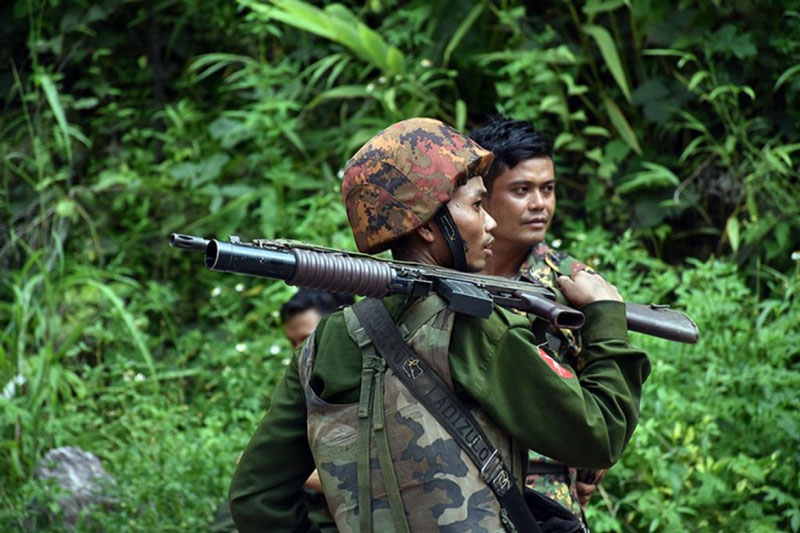
Min Tun | DMG
10 October 2020, Sittwe
The United Nationalities Alliance (UNA) has urged an end to hostilities in Arakan and Shan states, and the coalition of ethnic political parties is also pushing for trilateral peace talks between the government, the Tatmadaw and ethnic armed organisations.
The UNA and dozens of partner organisations made the requests in a statement issued on October 10.
U Myo Kyaw, secretary of the UNA, said the alliance’s statement was prompted by the general election less than one month away, as civilians continue to flee their homes due to ongoing clashes in Arakan and Shan states, and the COVID-19 pandemic wreaks havoc on lives and livelihoods throughout Myanmar.
“The number of internally displaced people has been on the rise in Myanmar,” he said. “There are more than 200,000 IDPs in Arakan State, with some IDPs in northern Shan State, Kachin State, Kayin State, and Paletwa Township in Chin State. Hostilities must be stopped to prevent [more] local people from becoming IDPs. We don’t want any kind of clashes. This is the reason why we called for an immediate end to the fighting.”
The UNA statement said the government must take responsibility for ensuring fundamental human rights for the tens of thousands of IDPs in Arakan State and other states and regions.
The government, the Tatmadaw, and the Arakan Army (AA) should hold trilateral talks in order to successfully hold the November 8 general election and halt the clashes in Arakan State, said U Khaing Kaung San, director of the Arakan State Election Monitoring Group.
“Military operations, shellings, burning of some villages, and killing of innocent civilians by the artillery amid the COVID-19 pandemic in Arakan State are considered inhumane acts. No matter how much we talk about peace talks, it is the government’s mistake not to invite us to the peace talks,” he added.
The number of IDPs in Arakan State has surpassed 220,000 due to the conflict, and the number of civilians killed or wounded by landmines, errant artillery fire or other combat-adjacent violence continues to climb.
U Myo Kyaw said it was necessary to establish power-sharing arrangements between ethnic groups in each state and the central government in order to put an end to armed conflicts in Myanmar.
“These problems will continue as long as the power is not shared. The military will wage wars under the pretext of defending the country’s sovereignty if there are problems. We must strive greatly to change the situation,” he explained.
The UNA’s statement also called for the immediate restoration of high-speed internet access in the conflict zones of Arakan State and Chin State’s Paletwa Township.
Civil society organisations have called for full 4G internet access to be restored in several Arakan State townships and Paletwa Township, where only a 2G connection is currently available. The inferior mobile internet — described as effectively useless by those affected — has been an additional burden on these populations even as innocent civilians continue to suffer human rights abuses, the CSOs contend, arguing that it further impinges on the right to free expression.




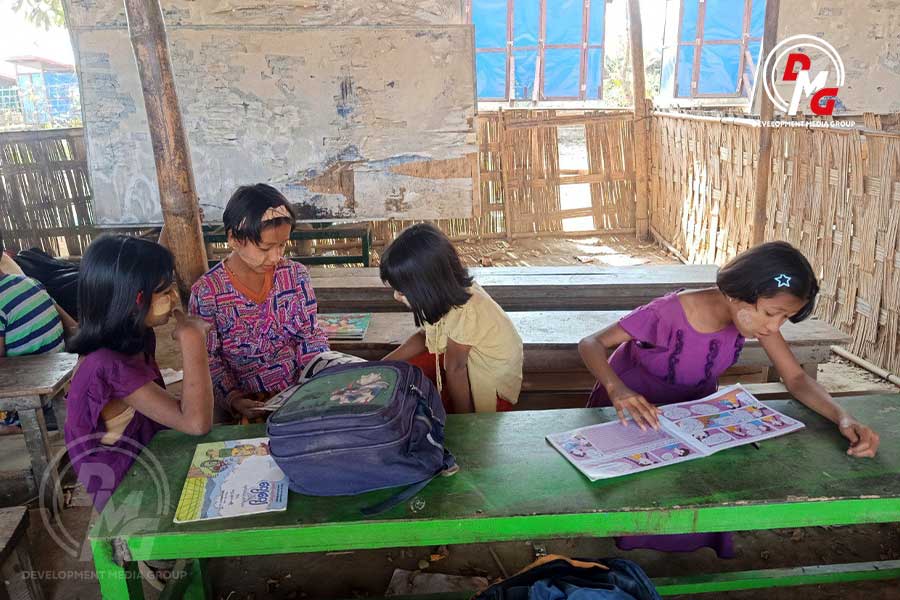
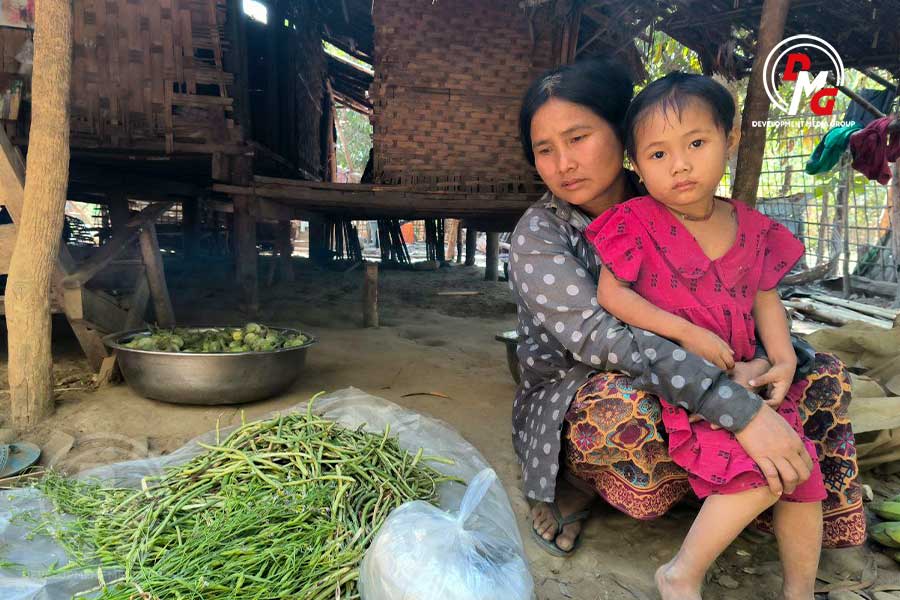
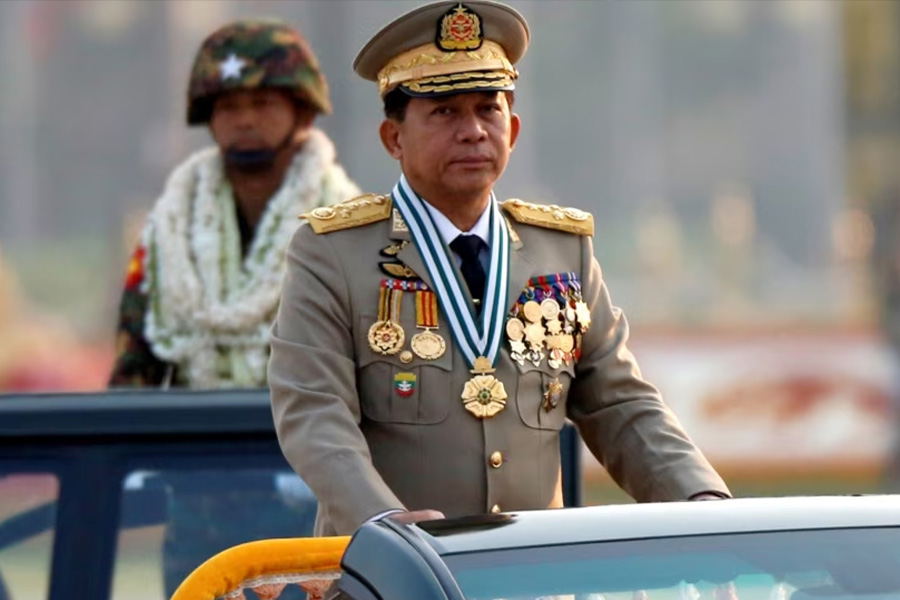
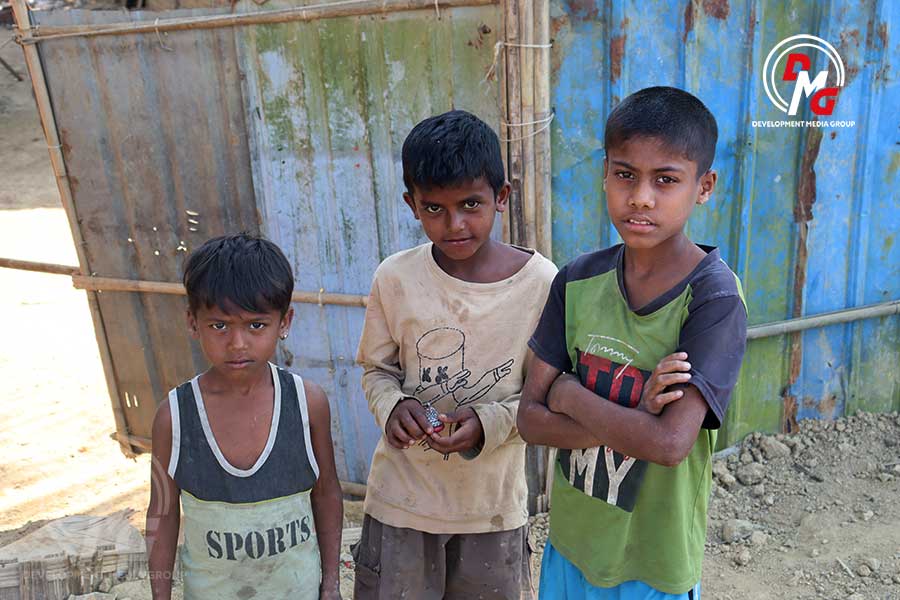
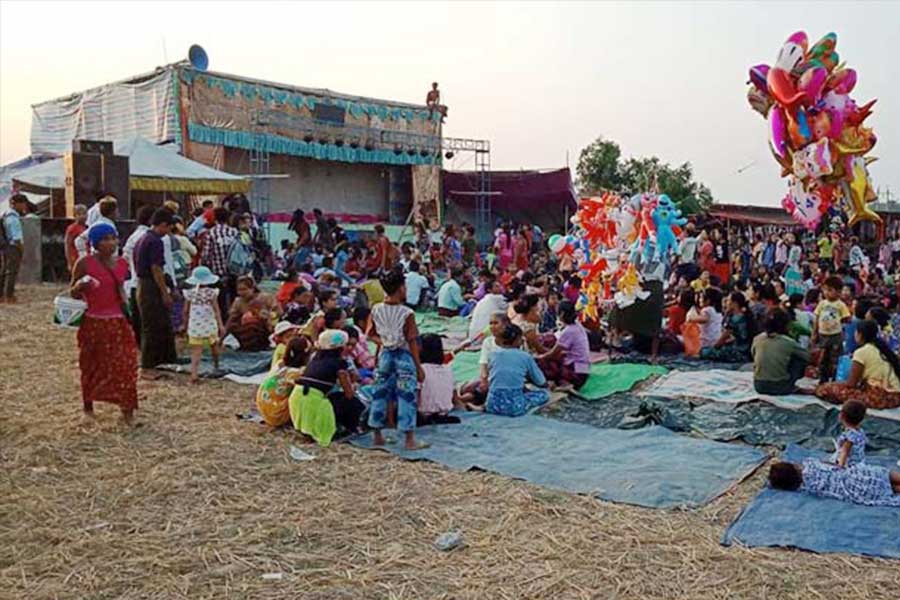








.jpg)